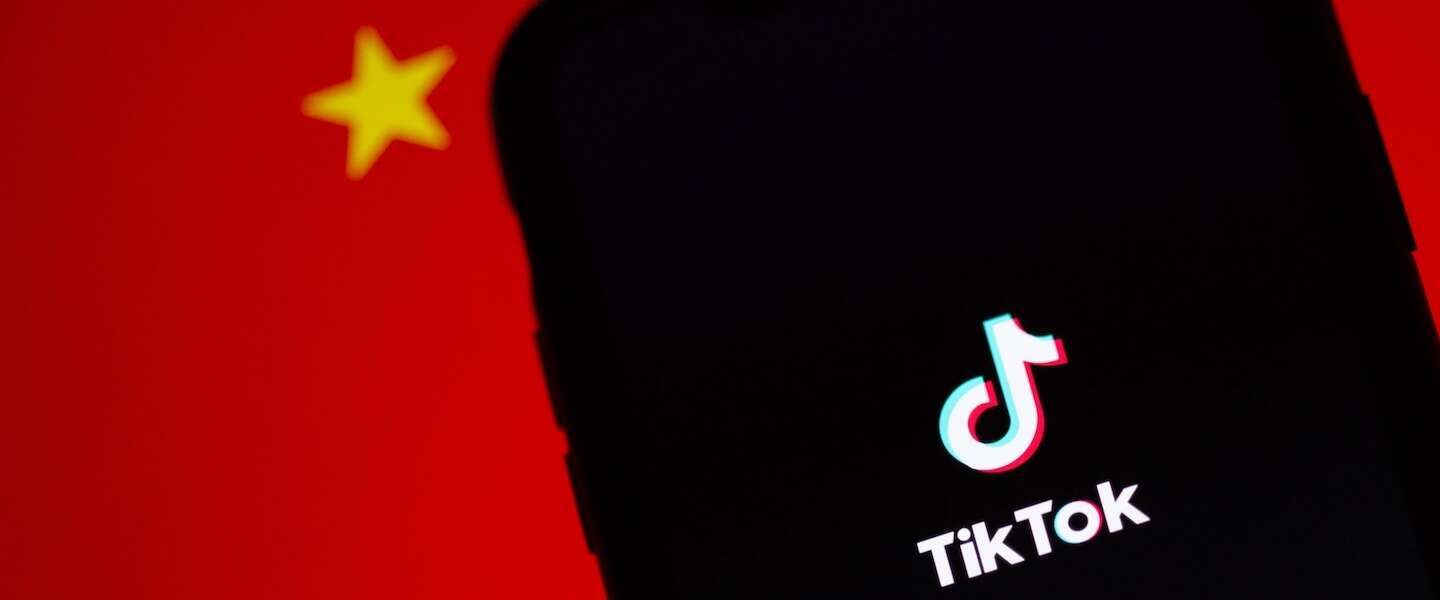Fear of ‘personalized’ Chinese propaganda

The plan of the House of Representatives to ban the use of TikTok by civil servants, at least on their business smartphones, will surprise few people. The fear of Chinese espionage, the control that the Chinese government would have over companies such as TikTok and possibly influencing other governments, is taking on increasingly grotesque forms. It is therefore not surprising that TikTok is now also threatening to become the ‘victim’ of this. The discussion about a ban on TikTok has been going on in the US for a while.
TikTok as a propaganda tool?
We – and I mean the ‘West’ – are afraid of the influence that the Chinese government could exert through platforms such as TikTok. By controlling which content is shown via TikTok in the timelines of the relevant users, the opinion of our officials on certain topics could be influenced, with all the consequences that entails. In other words, we are concerned that the Chinese government is using TikTok as a propaganda tool.
It is assumed that the Chinese government uses its power to force local companies, such as TikTok, to give them access to users’ data. There is no doubt that the Chinese government has that power. According to Chinese law, companies must cooperate with the government if requested to do so. Mind you, almost every country has such a law or regulation. Admittedly, some countries treat this more ‘loosely’ than others.
Does a ban make sense?
It’s just a question of whether a ban has a great effect on the use of TikTok on business devices. Civil servants will probably also, or from that moment on, use TikTok on their private smartphone. They can then be influenced just as easily. A ban on the business use of TikTok does not therefore have to mean that civil servants can no longer be influenced via social media.
The idea behind the ban on TikTok is that the Chinese government has access to user data. Of course, both the Chinese companies and the government deny using this form of privacy violation and espionage. You must be very naive if you take the Chinese at their word.

Everybody does it
However, the same applies to Western governments and companies. As mentioned, ‘on our side’ companies can also be ordered to give governments and security services access to user data. Yes, there are slightly more rules and it is also better monitored by regulators, but espionage and spreading propaganda through the world wide web is something that all ‘camps’ are ‘guilty’ of.
So, if the House of Representatives does not want the civil servants to be influenced, they should ban the use of all social media channels, apps and other expressions. Oh, and then immediately make a list of websites that may no longer be visited, or, better yet, block access from the Netherlands.
Mmmh… where do I know that from? China maybe? Dear ladies and gentlemen in The Hague. The world has changed. “We” have been spied on and influenced from all sides for decades. The ways in which this is done are constantly evolving. Once upon a time, ‘we’ threw leaflets over cities of hostile countries to influence the population. During the cold war, thousands of spies traveled all over the world to fool governments with (dis)information. And now we have TikTok, Facebook, Instagram and Twitter. Deal with it!




